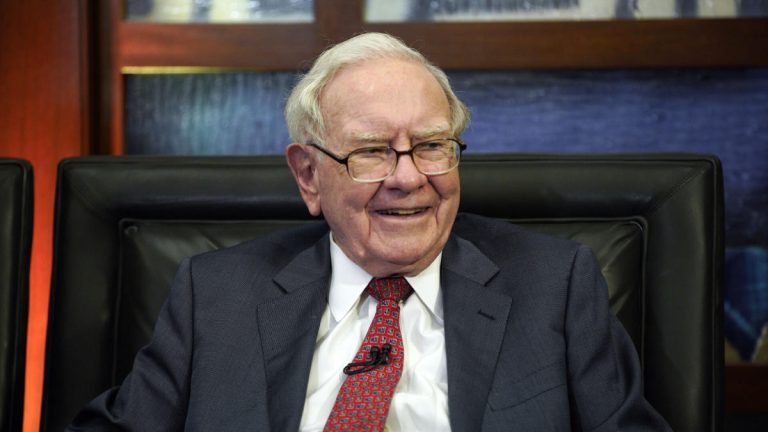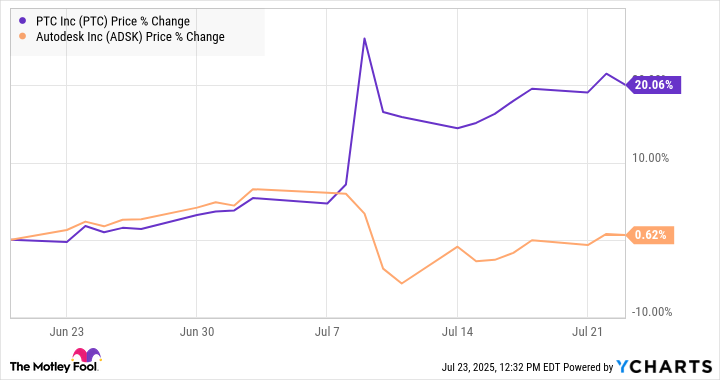Moneywise and Yahoo Finance LLC may earn commission or revenue through links in the content below.
Anyone who lived through the Great Recession remembers the tremendous economic turmoil that took place.
While the economy has since recovered, many people became wary of financial institutions. Some even choose to hold their cash outside the system entirely.
Advertisement: High Yield Savings Offers
This isn’t surprising. There were two bank failures in 2024, and recent tariff-driven recession fears might pave the way for more in the years to come.
“Banks are a reflection of the economy — if the economy worsens, their results will follow,” said Stephen Biggar, director of financial institutions at Argus Research.
But, keeping your money out of banks or investments, you could miss out on significant growth. Holding cash reserves means you’re likely losing money every year due to inflation.
You can deposit large sums of cash, but banks must report amounts over $10,000 and may ask about the source of funds.
There’s no issue — as long as your money is legitimate . Just avoid breaking up deposits to dodge reporting, as that’s illegal. Notify your bank ahead of time, and remember FDIC insurance covers up to $250,000 per account category.
Holding onto cash can mean missing out on opportunities for growth. By exploring secure, high-yield savings options and investing platforms, you can maximize your money’s potential and put it to work for your future.
If you’re looking for a dependable way to grow your savings without taking on significant risk, a certificate of deposit (CD) could be a good choice.
Read more: Rich, young Americans are ditching the stormy stock market — here are the alternative assets they’re banking on instead
While banks may have lost consumer trust during the Great Recession, avoiding the financial system entirely can be a missed opportunity. For instance, $100,000 invested in an S&P 500 index fund in 2009 could have grown to $850,000 by 2024, assuming dividends were reinvested.
While it’s natural to feel cautious about investing, the truth is that long-term, steady investment strategies often yield the best results.







